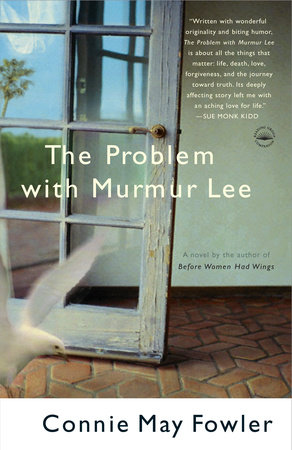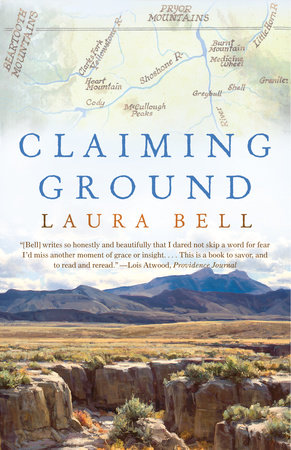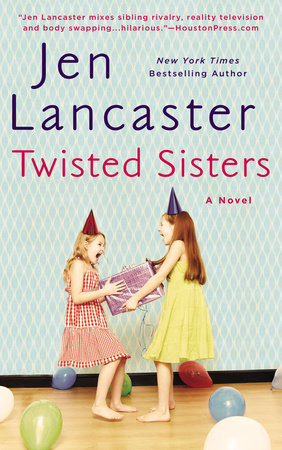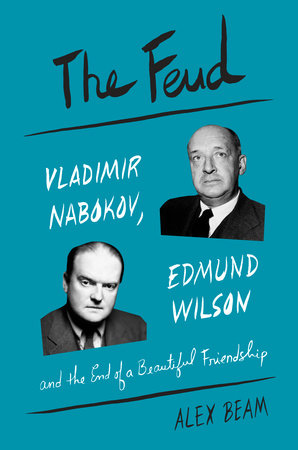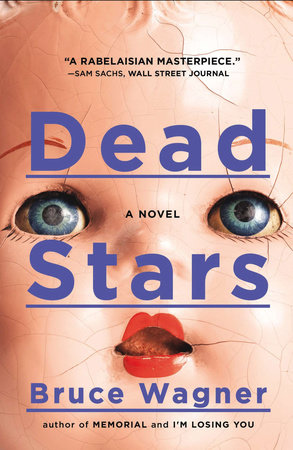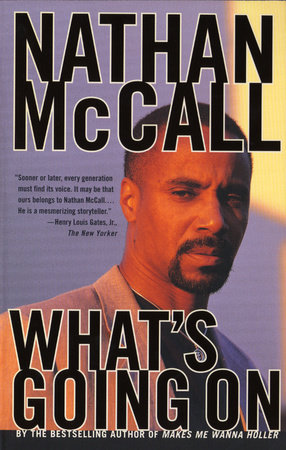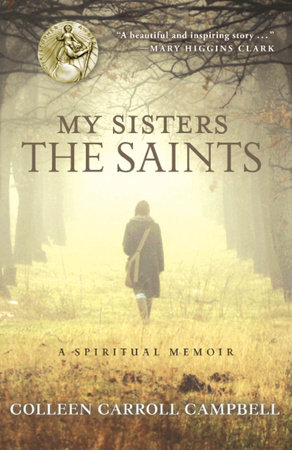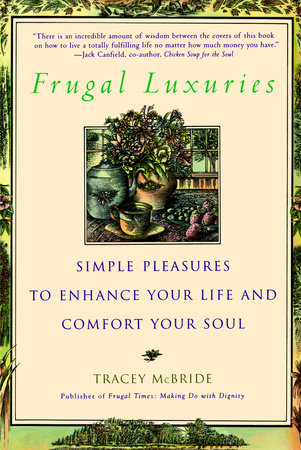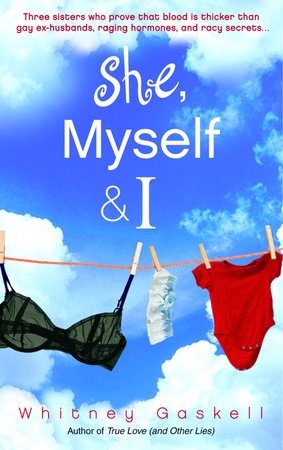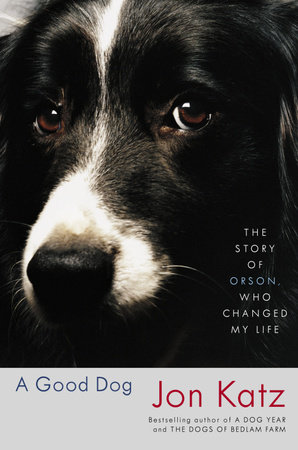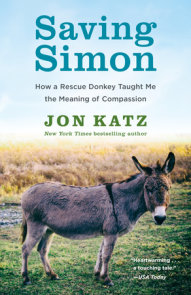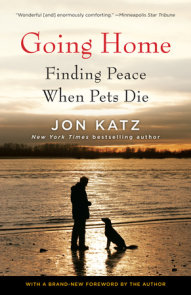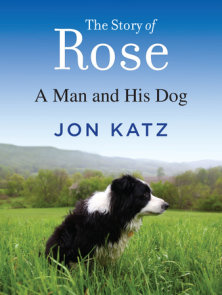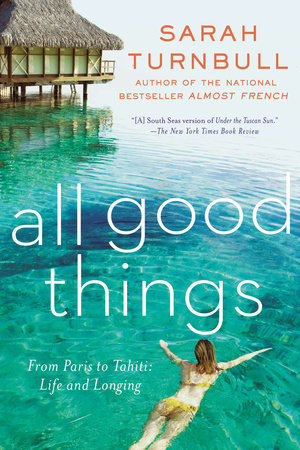Author Q&A
A Talk with Jon Katz
What do you mean by the phrase “lifetime dog?”
I often hear people use the term “lifetime dog,” and I use it myself, when talking about Orson, a dog that intersected with my life at a significant point for both dog and human. It might be a dog that accompanied us through childhood, or one that arrived when our kids were born. Sometimes we can have more than one. But generally, if you ask someone the question — “which was your lifetime dog?” one comes to mind. It was a dog that entered their lives at an important point, and had great meaning for them. Orson was, without question, my “lifetime dog.” He changed my life in many significant ways.
Your book A Dog Year chronicled the first year of your life with Orson. At that time, his name was Devon. Why and how did his name become Orson?
A trainer suggested I change Devon’s name to Orson. She noticed that he associated training commands with bad things, and winced, panted or cowered when given a command — all signs of stress. Using treats, we associated his new name with only good things. After that, he was much more open to training, seeing it as more fun and rewarding. Millions of dogs, especially rescue dogs, have their names changed each year. It is simple and often highly effective thing to do, especially when a dog has been trained poorly or punitively.
What do you hope people take away from reading A GOOD DOG?
A GOOD DOG is about the intersection of a dog and a human in such a way as to change the lives of both. Living with and loving a dog is an exercise in faith, responsibility, love and friendship, certainly. As I see the story, it is a happy tale of what two confused and intense creatures can really do for each other. Orson kept faith with me, from the beginning to the end, and I tried to do the same for him. In the end, this wonderful dog confronted me with some monumental decisions and moral challenges. These are, I believe, familiar to almost anyone who has ever truly loved a dog. How much should we love these creatures? How important are they in relationship to humans and their welfare? How do you keep grounded and maintain perspective when you are managing the kind of intense feeling a dog can sometimes generate? How much do you owe them, and when have you reached the boundaries of what is appropriate?
In your acclaimed writings on dogs, you often stress the need to celebrate dogs as the animals they are and not see them as humans with fur. Do you ever anthropomorphize Orson or your other animals in your writing?
I often anthropomorphize my dogs, although I try to correct myself. It’s natural, even inevitable. We think a certain way about things, and it’s natural to assume our dogs think the same way. It’s a reflex, really. But I know better. Dogs do not think the way we do. They don’t have language and aren’t people. They aren’t children, or little people with fur. They are wonderfully instinctive animals who have been sharing their lives with humans for many thousands of years and it demeans them — and us — to turn them into versions of us. My daughter is not like my dog. I love dogs because they are not like us, not because they are. They don’t sue each other, scream on cable talk shows or act maliciously or spitefully. I believe we need to celebrate the true nature of dogs, not recast them in our mold. A dog is a wonderful thing. But it is not a person.
Dogs are, however, geniuses at insinuating themselves into our lives, our beds, our pocketbooks. We shelter, feed and love them. Their motives are perhaps mundane — food and comfort. But that doesn’t matter to me. I don’t really need for my dogs to be like me. I love their dogness, their adaptability, practicality and corruptability. My border collies will do just about anything to get to sheep, and my Labs will gladly hop in the lap of any stranger holding a hamburger. To me, this doesn’t detract from the power of the relationship, it enhances it.
In Orson’s story, you are urgently confronted with the issue of violent dogs that can harm humans and other animals, a topic you have written about before. How important is this issue for dog owners and lovers?
I don’t really write about causes much, but the story of Orson forced me to consider seriously the issue of dog violence against humans. Millions of Americans, many of them children, are bitten seriously each year. Police calls and lawsuits are rising rapidly. Every time a dog bites a person, especially a child, the life of every dog and every dog lover becomes more difficult. I find that many dog owners tend to blame the people who get bitten and make excuses for their dogs. One dog bit me on the leg at a book reading and the owner simply said, “Sorry, she was abused.” Not good enough. We need to choose our dogs carefully, train them faithfully, and hold them and us responsible when they harm or menace humans. It is simply not acceptable to have so many animals harming people. It leads to dogs being killed, to legal problems and many restrictions on where dogs can and can’t go. In the final analysis, many people who love dogs may find themselves dealing with a very elemental question: is human life more valuable than the life of a dog?
I do feel sometimes that the dog culture doesn’t want to deal too directly with this increasingly serious public health issue, yet we really have no choice. Our dogs must be chosen responsibly, trained conscientiously, and only then will dogs live the lives they deserve — able to mingle with humans beings freely and safely.
An early reader of A GOOD DOG noted, “I don’t think there has ever been a man who has done as much for a dog and a dog who has done as much for a man.” What did he mean by that?
Orson brought many things to my life — work that I love, a wonderful farm, new friends. He reconnected me to the natural world, to the animal world, and helped lead me to peace, beauty and a more meaningful spiritual existence. I did everything I possibly could to help and train and understand him. We saw trainers, herders, shamans, holistic healers, behaviorists, breeders and worked together day and night so that he could live safely and calmly in our world. He surely did much for me, and I hope I did as well by him.
As Orson’s tale progresses, it becomes clear that traditional veterinary care will be unable to help him. How hard was it for you to enter “the woo woo” and seek out alternative treatments for your dog?
I am skeptical of many holistic and alternative healing practices, especially when it comes to dogs. Go on the internet and you will drown in information about herbal and other remedies that many believe are more effective than traditional veterinary care. There are all sorts of people who claim to read the minds of dogs, see into their souls, tell you what they are “thinking.” Some of this information is good, some isn’t. I like vets and trust them, and count several among my closest friends. Still, I felt I owed it to Orson to explore all reasonable alternatives, and this led us to acupuncture, Chinese calming herbs, non-traditional veterinary care, and even a shaman and animal soul retriever and communicator. She opened my eyes to many feelings and images, and while I remain committed to traditional veterinary care, there is no doubt that Orson benefited greatly from holistic approaches. The process opened me up to new thinking, made me realize that there are people with special gifts. My rule became simple: if it helps the dog, it works. If it doesn’t, it was still worth trying, up to a point. Still, I would be less than truthful if I didn’t say I am somewhat of a traditionalist on these issues.
You live on Bedlam Farm with a menagerie of dogs, donkeys, hens, sheep, roosters, cats, and cows. As a man who was never close to nature until recently, what’s it like to live among all these animals?
I am grateful to Orson for many things, especially leading me back to nature and the animal world. I love communing with my gentle donkeys, brushing my 2,000 pound steer Elvis, sitting in the pasture with Winston the rooster, or helping a ewe give birth to twins. I was quite disconnected from nature before Orson entered my life. He brought me to sheep, to herding, then to my own farm and my own animals. All of these animals have taught me something different, affected and hopefully broadened my writing, and brought me back in touch with the world of nature and animal life. That may, in fact, be his greatest gift to me. I love running a farm, from haggling over the price of hay to herding sheep with my indefatigable and indispensable border collie Rose. Also, it’s important to note that more than anything else, Orson led me to wonderful people. My life is filled with friendship and love. I am not sure that would have happened without him. It had not happened before him.
What are “ecstatic places” and why are they important to us?
“Ecstatic Places” is the title of one of my chapters, perhaps my own personal favorite. The idea is based on the wonderful writings of environmental psychologist Louise Chawla about the creative essence of animals, nature and the world around us, which often stems from the seeds of experience planted in our early lives — a camp we loved, a private place we explored alone in the woods. These experiences, she writes, are “radioactive jewels” of the imagination, and they often sprout in creative ways later in life. I often wondered how I came to be on this farm with this crazy dog and all of these animals. Chawla’s idea of “ecstatic places” and “ecstatic experiences” helped me understand what I was doing on Bedlam Farm and how Orson had led me there.
A movie version of A Dog Year (starring Jeff Bridges as Jon Katz) is being filmed this summer. What’s it like to have your life adapted for the big screen?
It’s strange to have a movie made of your own life. I understand that I’m lucky, and that it’s exciting. But it’s also invasive and unsettling. Writing is something you do alone, and in quiet. Movies are not. There are five “Orsons” running around my farm, and an actor — Jeff Bridges — who is, in another context, Jon Katz. Yet he isn’t. It’s surreal. I am flattered and humbled that a star of that magnitude would play a role about any part of my life, yet mostly, it is just disorienting. I have no idea what this other Katz is like, other than that I’d love him to look like Jeff Bridges. We’ll see what happens. The reality of it has not quite sunk in. I am glad that Orson’s life will be immortalized in this way. It is no more than he deserves.
What’s next for Jon Katz?
I have found my home as a writer, at least as far as I am concerned. I want to continue writing about dogs, but also to branch out into other animals and rural life in general. I am very humbled and surprised at comparisons that have been made between me and the late and wonderful James Herriott. Yet I think we are quite different. I think my farm, my town and my animals are quite a bit grittier than his.
I have finished the first draft of my next book Dog Days [to be published in 2007], which continues the saga begun in The Dogs of Bedlam Farm. When I wrote that book, I had a couple of donkeys, dogs and sheep. Now I have added a steer, a cow, a rooster some hens, a barn cat, and some amazing new dogs. I have begun restoration on my aging farmhouse and restored two collapsing barns. Dog Days is a collection of stories about the animals on the farm, and what they have taught me about life.



